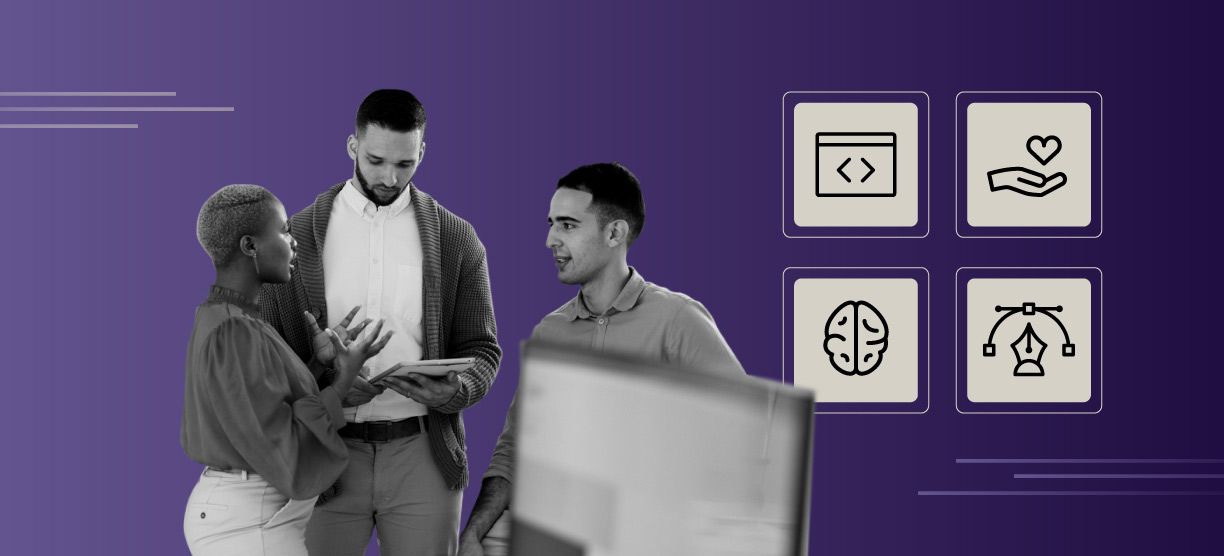5 Tips to Stop Hackers from Reading Your Email
Let’s get this out of the way first:
– If your email is being specifically targeted by determined hackers, you need to spend some money on some serious security consulting. Do it now. Don’t rely on some junk you read in some blog post.
– If your employer or client tells you you must adhere to their security and e-mail policies, please do.
This article is for the day-to-day private or small-business email user, or someone who needs to use email for work, sometimes on the go. There are a few quick and easy ways to keep the run-of-the-mill hackers out of your email.
These Tips, by the way, apply regardless of where you are – at home or at Starbucks. You should ABSOLUTELY keep your home WIFI encrypted, password protected – all grist for another article. But the reality is that home networks become much less secure over time since their low-level technologies require extra skills to keep them locked and monitored.
That’s why the only realistic approach is to assume that you are ALWAYS on a completely insecure network.
So now to the top-5!
1. Always use webmail/HTTPS to run your email
Fortunately, HTTPS, if implemented correctly, is very powerful. It encrypts your traffic strongly before it ever leaves your computer, including everything after the sitename-and-port in your URL, and decrypts it only at the website’s servers. So it is pretty safe even on an insecure network.
This can be a big challenge for folks who are used to running a big local email client using POP or IMAP. It is definitely possible to use these protocols securely, but it’s more configuration for you to maintain and keep up. So make the move!
2. Always use a big-time commercial provider
HTTPS is implemented pretty well at big-time cloud-mail providers like Gmail, apple, outlook, etc., and in up-to-date versions of big-time browsers like Chrome, Safari, Firefox and Edge.
3. Use two-factor identification
One of the biggest risks as an email user is that someone will hack your account by getting your password. Two-factor auth helps a lot, and IMHO is less of a hassle than good password hygiene.
4. Keep your browser, OS, and virus-protection on auto-update
The second biggest risk, as an email user, is your device will be compromised by malware. If that happens, it doesn’t matter how secure the network is or isn’t. “Safe computing” practices like not clicking on Phishing emails are important, but not really reliable – everyone makes a mistake sometime.
Virus scanners are the best defense – this includes virus-scanning your device at startup and then in “live-protect” mode. But even Virus Scanners are porous. You need the combined power of the security teams at your OS, browser and virus-protection to stay on top of the latest threats, and get their patches to you as quickly as possible.
Finally:
5. Just watch what you say, OK?
However secure your email is, you often have no idea what the situation is at the other end! In other words, ultimately it’s not a problem with a technical solution.
—
To read more by Gorilla Ed Schwarz please see here. If you have any questions about nearshoring or onshoring your software development don’t hesitate to contact us or leave a comment below. Don’t forget to subscribe to our blog.


